I closed my article last week, acknowledging the ongoing reforms at the Ministry of Solid Minerals under Mr Dele Alake. Read More


I closed my article last week, acknowledging the ongoing reforms at the Ministry of Solid Minerals under Mr Dele Alake. Read More

What should the next stage of Nigeria’s successful economic reforms entail? I propose in this article a citizen and analyst’s blueprint on suggestions for deepening and extending our reform agenda. Read More
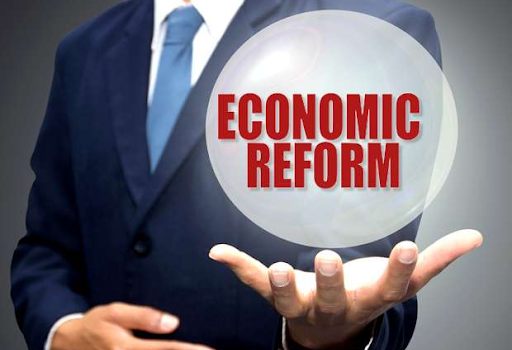
Last week, I laid out the context preceding May 29, 2023, and summarised the evolution of policy concerning Nigeria’s downstream petroleum sector and exchange rate management until the advent of President Tinubu. Read More

President Bola Tinubu embarked on fundamental economic and policy reforms immediately after he assumed office on May 29, 2023. The central pillars of those reforms were his immediate abolishment of the regime of fuel subsidies, which had been in place since the 1970s when Nigeria considered itself oil-rich and decided to offer generous subsidies Read More

Oyin screamed as she awoke violently from sleep. Her scream immediately woke up her husband, Kayode who was shocked by the look on the face of his wife of 16 years. She looked extremely frightened and very scared. Kayode was alarmed and tried to calm her down. The frightened look did not go away, but she became less-agitated. It was obvious she had experienced a bad dream, a very bad dream or more accurately, a nightmare! Read More

We know the coven and its masculin̈e equivalents have some tales they tell. Whenever they are angry, or provoked, fearful, or even jealous, they renew the tales … every four or five or six years, the tale is renewed. The evil vow must be fulfilled. Read More
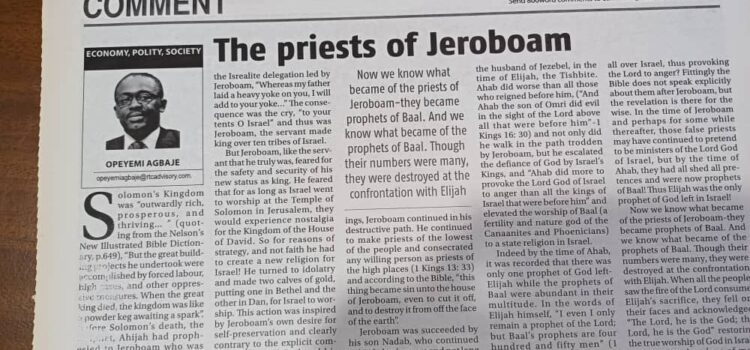
Solomon’s Kingdom was “outwardly rich, prosperous, and thriving…” (quoting from the Nelson’s New Illustrated Bible Dictionary, p.649), “But the great building projects he undertook were accomplished by forced labour, high taxes, and other oppressive measures. Read More
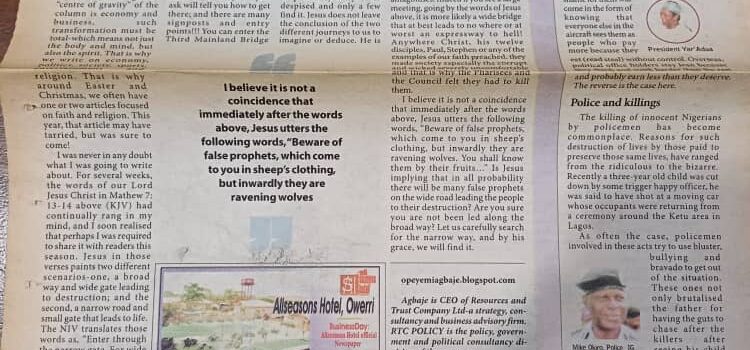
“Enter ye in at the strait gate: for wide is the gate, and broad is the way, that leadeth to destruction, and many there be which go in thereat: because strait is the gate, and narrow is the way, that leadeth unto life, and few there be that find it.”
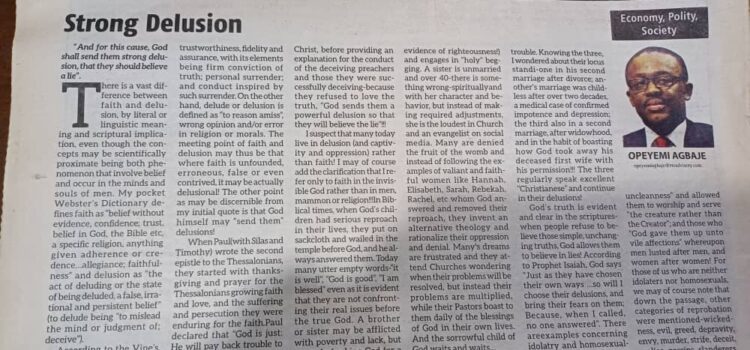
“And for this cause, God shall send them strong delusion, that they should believe a lie”.
There is a vast difference between faith and delusion, by literal or linguistic meaning and scriptural implication, even though the concepts may be scientifically proximate being both phenomenon that involve belief and occur in the minds and souls of men. Read More
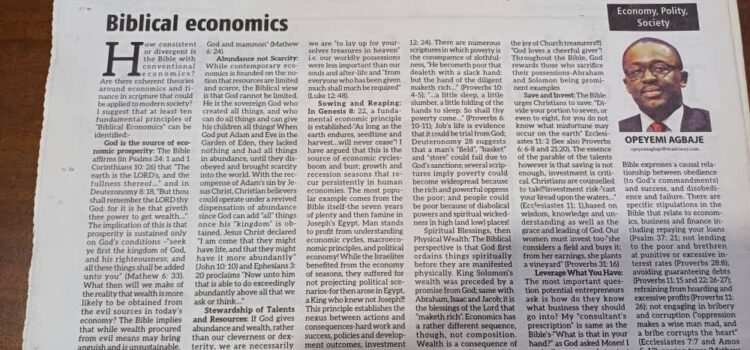
How consistent or divergent is the Bible with conventional economics? Are there coherent theories around economics and finance in scripture that could be applied to modern society? I suggest that at least ten fundamental principles of “Biblical Economics” can be identified:- Read More